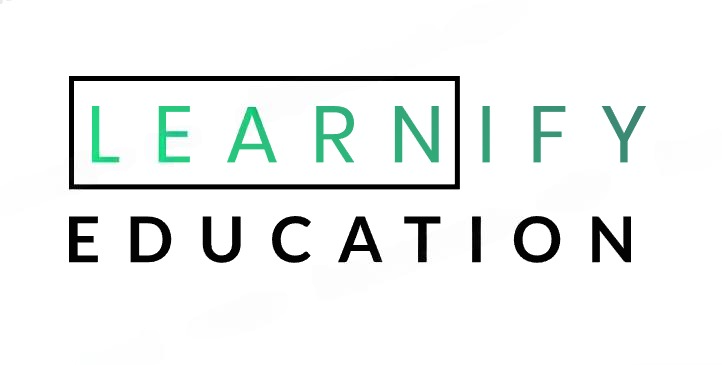2025 New Year Resolutions for Career Growth
Compare India’s leading universities on a single platform within two minutes. Online MBA for job professionals 100 + Universities 30X comparison factors Free expert consultation Quick Loan facility Post Admission Support Learnify Exclusive Community Job + Internship Portal No-Cost EMI From ₹5100/- Subsidy Available upto ₹20,000/- A new year brings new opportunities to level up in your career. Whether you want to learn a new skill, expand your network, or simply enhance your professional journey, setting clear resolutions can help you achieve these goals. Here’s a detailed guide to creating New Year Resolutions for Career Growth in 2025. Why Career Resolutions Matter Career growth is not a matter of chance; it’s the result of consistent effort and strategic planning. Resolutions give you clarity, direction, and a sense of purpose. Let’s explore actionable resolutions to make 2025 your most successful professional year. Master New Skills Stay Ahead of the Curve The professional landscape is constantly changing. To stay competitive, commit to mastering at least one new skill this year. Whether it’s learning a new programming language, improving public speaking, or understanding digital marketing, the possibilities are endless. Tips to Get Started: Research in-demand skills in your industry. Enroll in credible online courses from platforms like Coursera or Udemy. Dedicate at least 30 minutes daily to skill development. Build a Strong Professional Network Leverage the Power of Connections Networking is not just about meeting new people; it’s about building meaningful relationships that can open doors to career growth. How to Expand Your Network: Attend professional events, webinars, or industry meetups. Actively engage on LinkedIn by sharing insights and connecting with peers. Join communities or groups aligned with your career interests. Create a Personal Brand Stand Out from the Crowd Your personal brand is your professional identity. Take time to refine it by updating your online profiles and showcasing your achievements. Steps to Enhance Your Personal Brand: Update your LinkedIn profile . Share valuable industry insights through blogs or posts. Build an online portfolio highlighting your work. Prioritize Work-Life Balance Achieve Sustainable Growth While chasing career goals, it’s equally important to avoid burnout. Set boundaries between work and personal life to maintain your productivity and well-being. Simple Practices to Implement: Stick to a daily schedule and avoid overworking. Take regular breaks and practice mindfulness. Spend quality time on hobbies and with loved ones. Seek Feedback and Act on It Embrace Continuous Improvement Regularly seek feedback from colleagues, mentors, and supervisors to refine your skills. Ways to Make Feedback Work for You: Request monthly feedback sessions. Actively implement suggestions to improve performance. Keep track of progress and celebrate small wins. Set SMART Career Goals Plan for Success Setting goals without a strategy often leads to missed opportunities. Use the SMART framework (Specific, Measurable, Achievable, Relevant, Time-bound) to create actionable career objectives. Examples of SMART Goals: Complete an advanced coding course by June 2025. Attend three professional networking events in the first quarter. Increase productivity by 20% by adopting new project management tools. Stay Updated with Industry Trends Be Future-Ready The key to staying relevant is staying informed. Make it a resolution to regularly follow industry news, attend webinars, and read thought leadership articles. Ways to Stay Updated: Subscribe to industry-specific newsletters. Join relevant forums and discussions. Listen to podcasts hosted by industry leaders. Conclusion As you step into 2025, let these New Year Resolutions for Career Growth guide your journey to success. Embrace the challenges, focus on your goals, and stay determined. Remember, each small step brings you closer to achieving the career of your dreams. What Are Your Resolutions? Start your journey now! Share your career resolutions for 2025 in the comments below and inspire others to set their goals. Let’s grow together!














